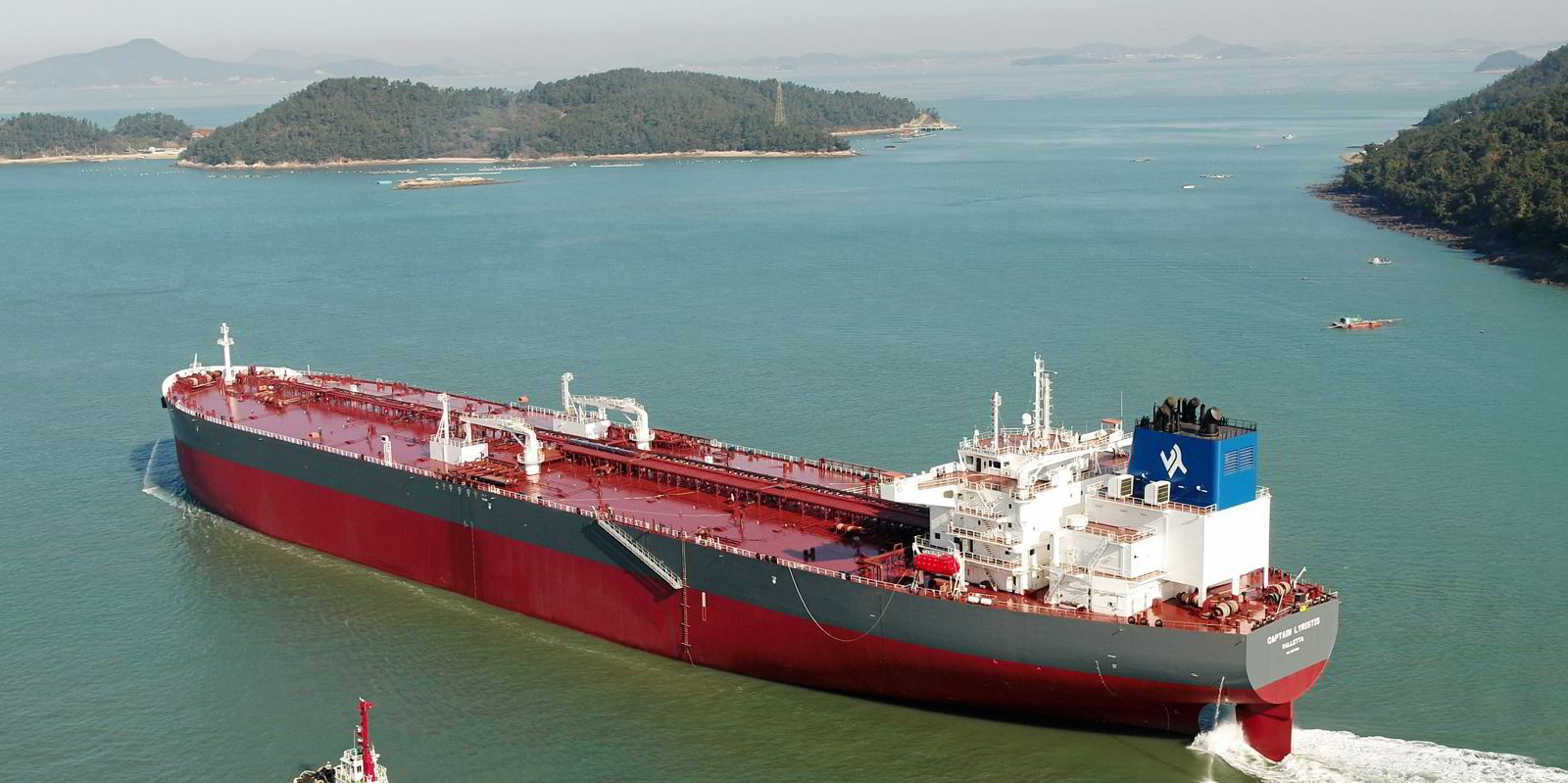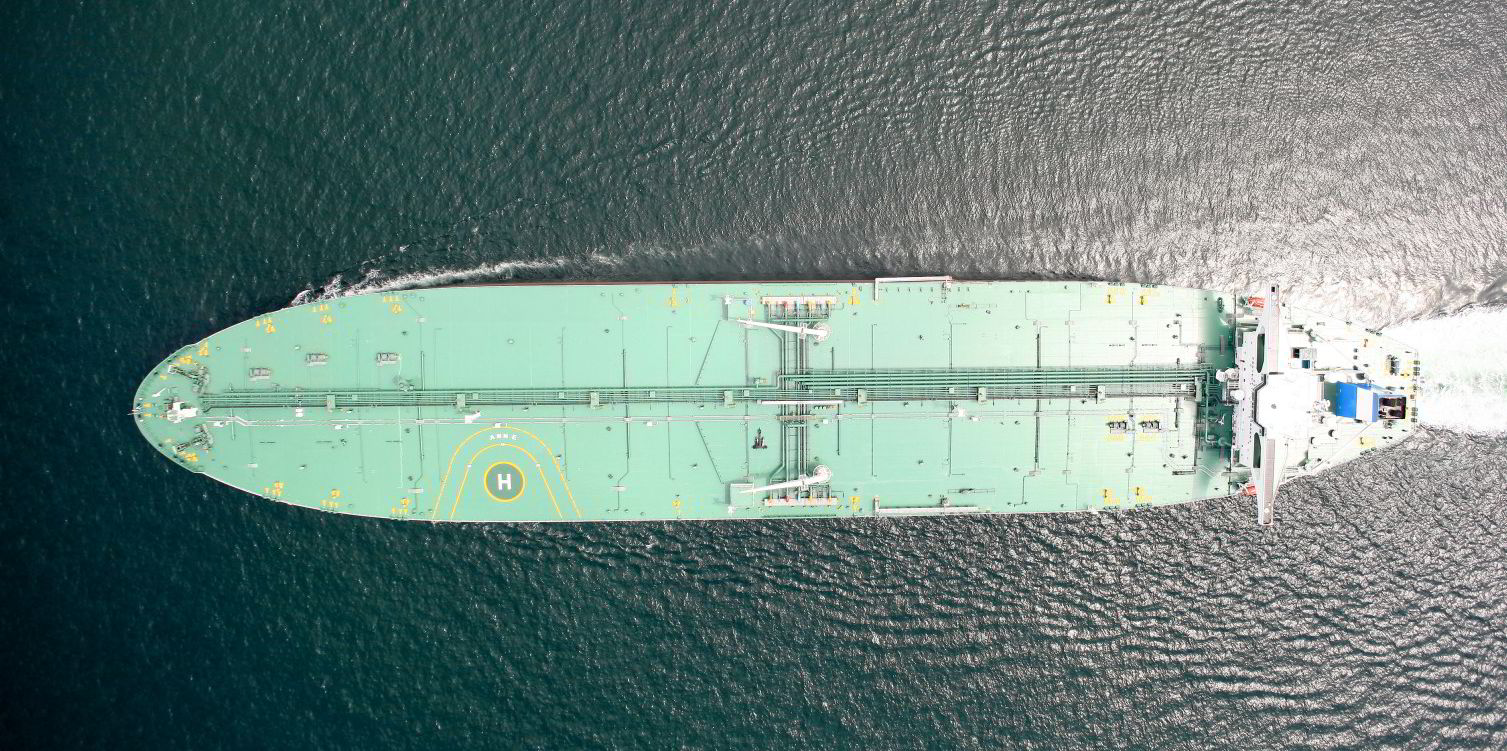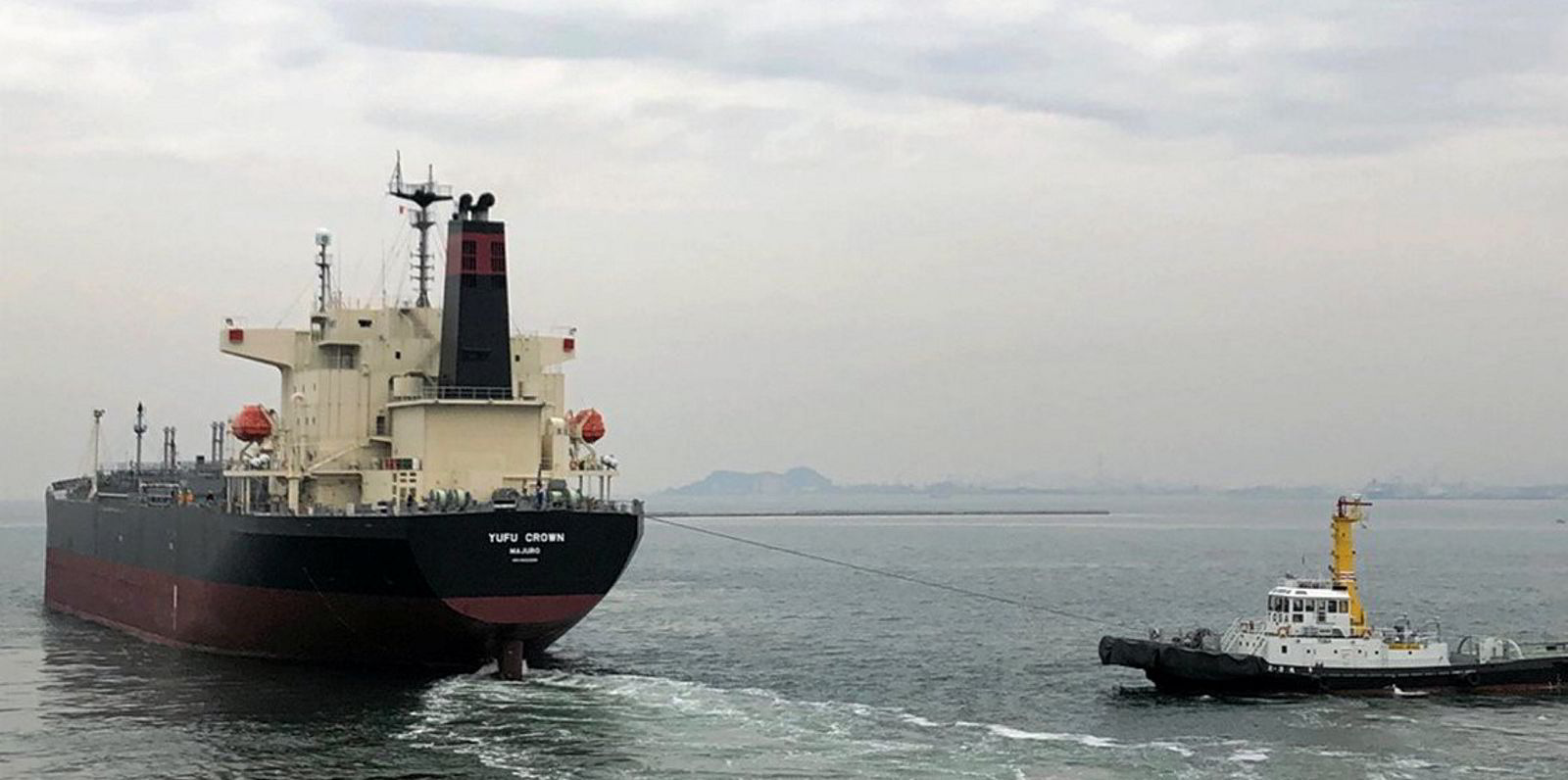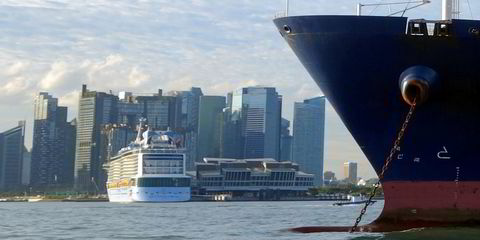Tanker deliveries are being pushed back into next year, potentially setting up the market for a tough 2022.
Alphatanker, AXSMarine's research arm, said in the first of its 2022 outlook notes that by the end of next year, there will be more tankers and more tanker capacity than before the Covid-19 pandemic pulverised rates, while demand is expected to be slightly lower.
"Although there will be pockets of incremental demand, especially for clean tankers (naphtha demand in Asia, gasoline into the US, etc), these projections imply that the broader tanker market will continue to remain challenging and that if scrapping surprises to the downside, many segments will struggle to undergo a sustainable recovery towards the end of next year," Alphatanker said in its monthly note published on Monday.
The firm said many of the 32 tankers of 34,000 dwt or more expected to be delivered in November and December will slip into next year, pushing fleet growth to 3.2%.
That figure, Alphatanker said, was below the 20-year average of 5.4%, but represents "a significant acceleration" of the 1.8% fleet growth seen this year.
The largest growth will come from VLCCs, which are forecast to grow by 3.3%, suezmaxes expected to grow at 5.1% and MR2s predicted to grow at 4.1%.
VLCCs and suezmaxes — for which time charter equivalents were assessed by the Baltic Exchange as below zero on Monday — are expected to feel the supply-side growth more acutely given product tankers are expected to improve before crude tankers, the note said.
One potential point of complication in Alphatanker's forecast is scrapping.
The note said the group still expects 64 tankers representing 6.39m dwt to be disposed of in the next year, but that number assumes the US will loosen sanctions against Iran.
Euronav and Frontline have been vocal this year on how the US blacklist has kept older ships on the water, as they can earn a premium in sanctioned trades.
Talks between the US and Iran, which could see sanctions scaled down or removed, have been paused since June.
"Next year, considering our underlying projection for a challenging tanker market lasting through at least the first six months of the year, and against the backdrop of the aforementioned regulatory pressure, we project that 99 units will be demolished," Alphatanker said.






